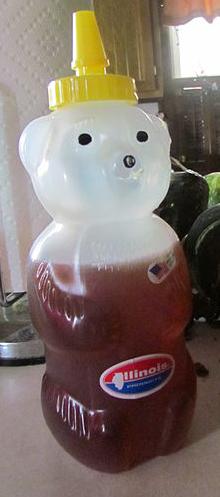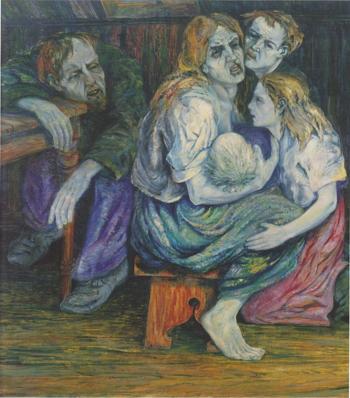“Fat” or “Beautiful” ?
I recently caught a documentary on sex symbol Bettie Page. In it, the withdrawn, elderly phenomenon  recounted her entire life, including her racy photographs and films which catered to bondage, nudity and fetish culture.
recounted her entire life, including her racy photographs and films which catered to bondage, nudity and fetish culture.
According to Ms. Page’s commentary, she initially tried the conventional methods first. However, the well- known Ford modeling agency rejected her. Founder Eileen Ford, herself, flat out told Bette she was too short and “too hippy.”
So, Bettie turned to the more controversial avenue, which subsequently launched her into being the pop culture icon she is today.
And, due to her influence, there are numerous photos flooding the internet, with captions including, “Today, we’d call her fat.”
It’s makes for a strong body image message. Indeed, looking at her image, what is our response? Do we think she’s fat?
Likewise, there’s the legendary sex symbol, Marilyn Monroe. She was reportedly a size 12 or 14. Some even speculate she was a size 16!
Again, when we see her, when we are faced with her numbers, what’s our first reaction?
She’s beautiful?
“Fat” or “Beautiful” ? Read More »



 commandments and teaches others to do the same — will be called least in the kingdom of Heaven.”
commandments and teaches others to do the same — will be called least in the kingdom of Heaven.”

 That is most dangerous, for the mind always tries to complete what it pictures. So always picture “success” no matter how badly things seem to be going at the moment.
That is most dangerous, for the mind always tries to complete what it pictures. So always picture “success” no matter how badly things seem to be going at the moment.

 such as: drug addiction, video games, crime, alcoholism, compulsive overeating, problem gambling, computer addiction, pornography, compulsive shopping, workaholism, over exercising, etc.
such as: drug addiction, video games, crime, alcoholism, compulsive overeating, problem gambling, computer addiction, pornography, compulsive shopping, workaholism, over exercising, etc.